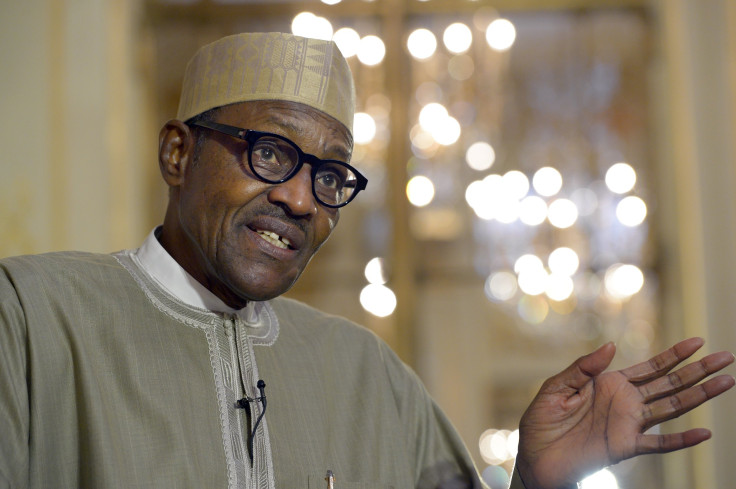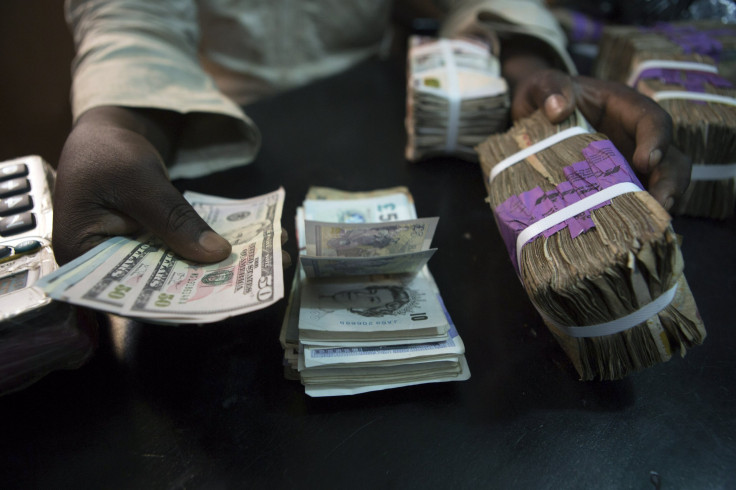Buhari Opposes Further Nigerian Currency Devaluation, Endorses Central Bank's Restrictions

Nigerian President Muhammadu Buhari said Wednesday he opposed further currency devaluation in the oil-rich West African nation, which has been hit hard by a global oil glut and crashing crude prices. The 72-year-old leader also endorsed the Nigerian central bank’s policy of limiting foreign-exchange trading, according to Reuters.
“I don’t think it is healthy for us to get the naira devalued,” the 72-year-old leader was quoted as saying in an interview with France 24 in Paris Wednesday. "That's why we are getting the central bank to make modifications in terms of making foreign exchange available to essential services, industries, spare parts, essential raw materials and so on -- but things like toothpicks and rice, Nigeria can produce enough of those.”
The Nigerian naira, dropped to a record low in February after oil prices slashed in half in the past year. Like many sub-Saharan African currencies, the Nigerian naira is linked to the value of its oil and other commodity exports, and oil accounts for more than 90 percent of Nigeria’s foreign exchange earnings and about 70 percent of government revenues. The naira has fallen around 15 percent over the last year, which has fueled inflation despite the Abuja-based central bank spending billions of dollars to bolster the Nigerian currency.

The Central Bank of Nigeria has imposed increasingly strict currency-trading restrictions to save the naira and avoid what would be the third devaluation in a year. The bank in June banned importers from using the foreign-exchange market in Africa’s largest economy and top oil producer for 41 items ranging from rice and toothpicks to steel products and glass.
While the measures have stabilized the currency, it also has left a herculean task for some Nigerian companies to source the dollars they need to pay foreign suppliers. The shortage has also made it difficult for parents to pay school fees if their children are studying overseas, according to Bloomberg.
The restraints have also worried investors overseas. JP Morgan said last week it would remove Nigeria from its influential emerging markets bond index by the end of October due to a lack of liquidity and the Nigerian central bank’s currency restrictions, Reuters reported.
© Copyright IBTimes 2024. All rights reserved.





















